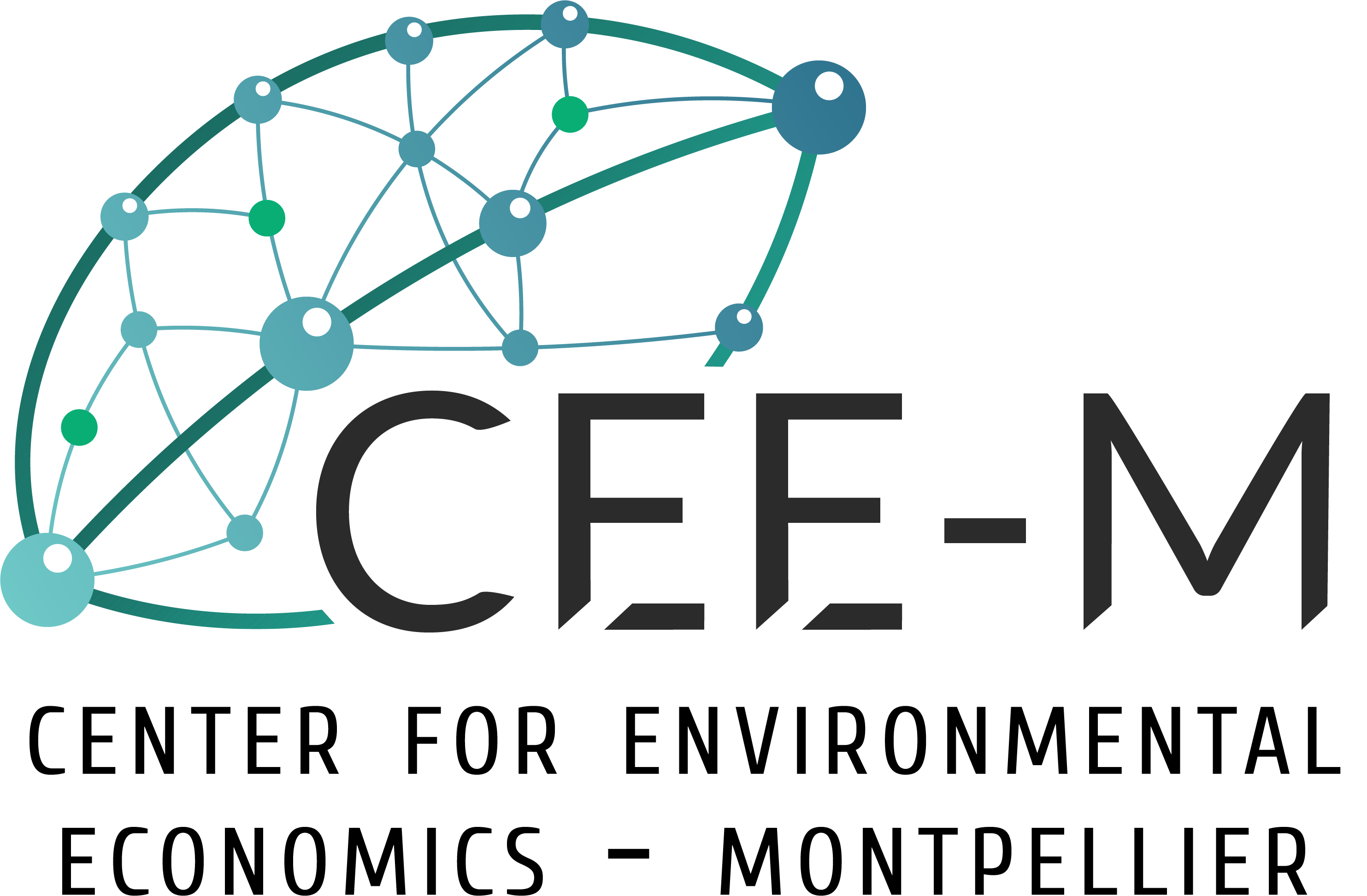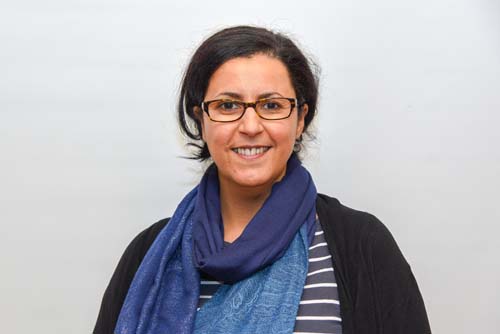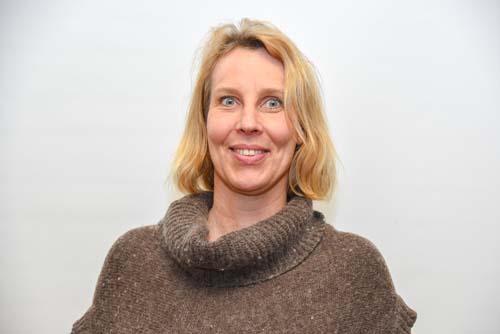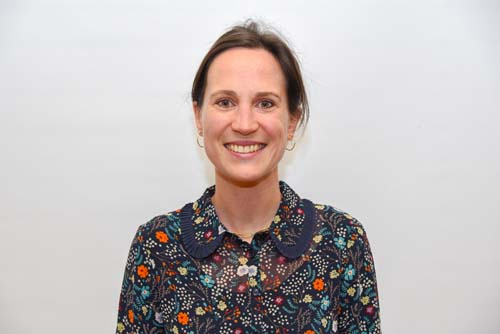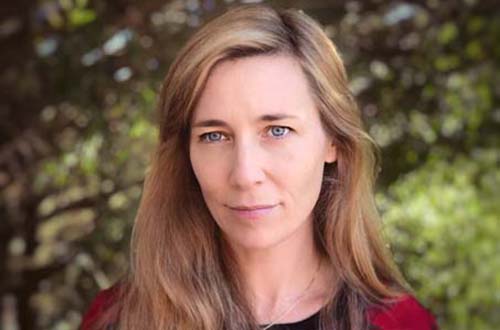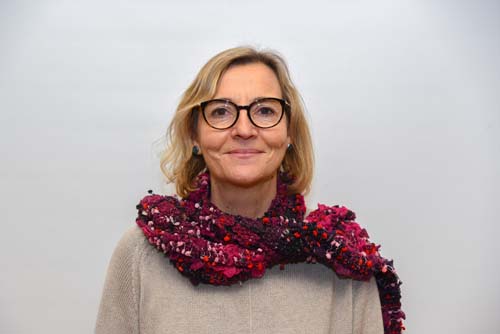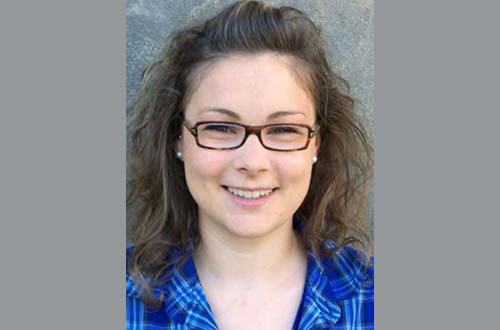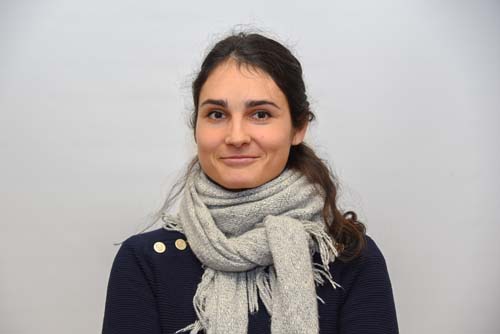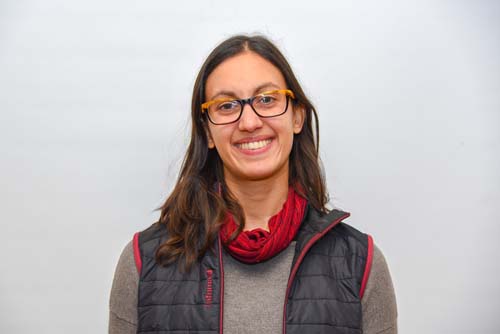
To address concerns about the negative environmental impacts resulting from intensive agriculture, agri-environmental policies are designed to provide financial aid to farmers who are willing to voluntarily adopt pro-environmental practices. Conceptual and empirical analysis is required to understand how to promote ecologically-innovative agricultural practices and to design payment schemes inducing the provision of ecosystem services. First, there is a need to assess the impact of payment schemes that were implemented in the past, as little is known about the actual effectiveness of such programs. Second, the design of innovative instruments is required to address economic and environmental inefficiencies resulting from existing schemes.
This research group tackles these challenges by relying on research expertise in applied econometrics, structural econometrics, experimental economics and incentive theory. More specifically, we use experimental and quasi-experimental methodologies as well as contract theory.
Research works are focused on two main priorities. The first one is related to the impact of agri-environmental policies that were implemented in the last decade in Europe and in tropical areas. The most recent micro-econometric methods are used to assess the potential inefficiencies resulting from these initiatives. The second priority focuses on the design of innovative instruments that better account for global changes and for constraints borne by potential providers of environmental services.
Faculty members
Ph.D Students & Post-docs
Land sparing versus land sharing: an economist’s perspective
PES impact and leakages over several cohorts: the case of the PSA-H in Yucatan, Mexico
Linking risk aversion, time preference and fertiliser use in Burkina Faso
Compensating environmental losses versus creating environmental gains: implications for biodiversity offsets
The economic and legal sides of additionality in Payments for Environmental Services
How do incidental emotions impact pro-environmental behavior? Evidence from the dictator game
Social norms and pro-environmental behavior: a review of the evidence
Payment vs. compensation for ecosystem services: do words have a voice in the design of environmental conservation programs?
Expériences économiques en économie agricole : état des lieux et dynamiques de recherche
- Funding : CIFOR
- Duration : 2017 – 2019
- Contact : SUBERVIE Julie
In this project, we use the introduction of the first PES-based REDD+ project ever launched in Brazil by a Non-Governmental Organization in the region of Para in 2012 as a natural experiment in order to evaluate the long-run impact of this project.
In particular, we focus on the permanence of the effects of this REDD+ project by collecting new data from the baseline sample, about three years after the PES program starts.
This study is financed and undertaken in close collaboration with the Center for International Forestry Research (CIFOR), as part of its Global Comparative Study (GCS) on REDD+, and with the Brazilian non-governmental organization in charge of the implementation of the PES program, the Amazon Environmental Research Institute (IPAM).
- Funding : ANR (Agence Nationale de la Recherche) ANR-16-CE32-0011
- Duration : 2016 – 2020
- Contact : SUBERVIE Julie
In order to strike the right balance between agriculture and the environment, policymakers in both developed and developing countries are increasingly resorting to Payments for Environmental Services (PES).
PESs are contracts between a farmer and the government in which the farmer receives a payment in exchange for the adoption of greener practices. PES programs usually aim to tackle major current environmental issues but can be expensive. It is thus critical to provide credible evaluations of their effectiveness.
Yet, evidence on their impact remains scarce.
This project aims to fill this gap by using modern econometric methods, such as experimental and quasi-experimental techniques, to provide the first evidence-based evaluations ever made for a series of agri-environmental programs in France: the French program to reduce the use of pesticides, the French grassland conservation programs, two pilot programs based on nudges, one aimed at encouraging biological control in viticulture and the other to reduce the consumption of agricultural water
